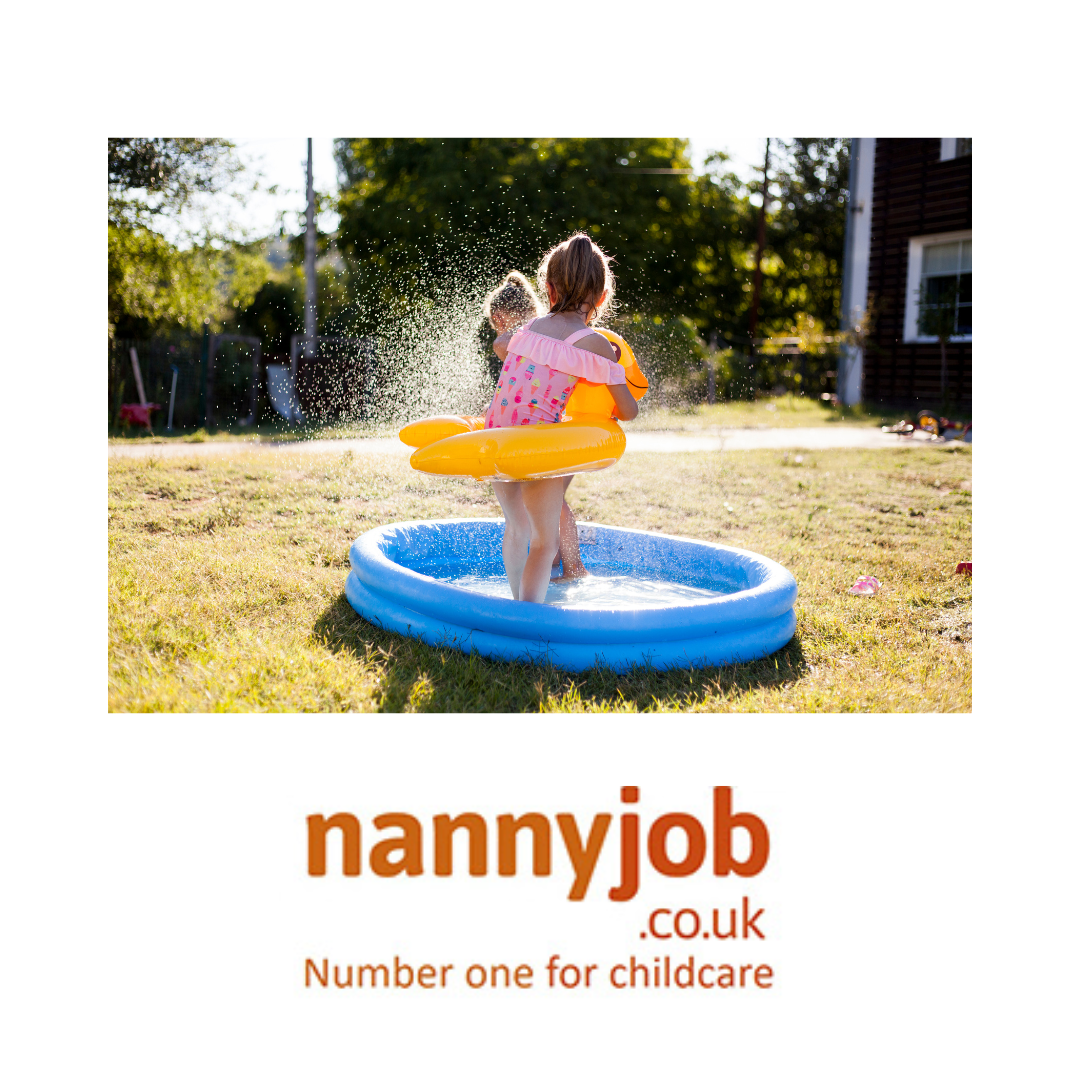As the sun warms up and schools break for summer, nannies and their charges look forward to longer days filled with fun activities. However, keeping children entertained during the summer holidays can quickly become expensive. Here’s a handy guide for nannies on how to balance the budget for summer activities without compromising on fun.
Understanding the Budget
The term-time kitty that covers minor expenses like craft materials or the occasional treat from the ice cream van might not stretch as far in the long summer holidays. Begin by discussing the budget with your employers. Understand what’s available and what expectations they have regarding summer activities. It’s beneficial to make a financial plan that includes all expected expenses to avoid surprises.
Educate About Budgeting
Introduce your charges to the concept of budgeting. This is an invaluable life skill that can be taught through practical application. Explain how money is spent and show them that every choice has a cost. Encourage them to think about the value of different activities and what they gain from each.
Plan a Mix of Activities
- Free Activities: Research local parks, free days at museums, or community events which often have no cost. Nature walks, bike rides, or a day at the beach offer great opportunities for fun without spending money.
- Low-Cost Adventures: Look for local attractions with low entry costs. Many places offer reduced prices for children, and some even have family passes that can be great value. Community sports events, local theater productions designed for children, and matinee movie showings can also be affordable choices.
- Special Treats: Occasionally, it’s okay to splurge. Whether it’s a trip to a theme park or a workshop that the children are particularly excited about, these can be planned as special day outs. Be mindful of hidden costs like travel and meals if not allowed to bring a picnic.
Save for the Big Days
Encourage saving by starting a savings jar with the children. Use a transparent jar to make it exciting for them to see the money grow. Any leftover money from the weekly budget can go into this jar. This teaches children the value of saving and planning ahead for bigger activities.
Engage Children in Financial Planning
Turn budget planning into a fun activity. Help your charges prepare a ‘business plan’ for their summer. They can list the activities they wish to do, estimate costs, and prioritize based on their budget. Then, role-play a mini ‘Dragons Den’ where they pitch their summer plan to their parents to secure funding. This not only helps with budgeting but also boosts their negotiation and presentation skills.
Highlight the Value of Free Activities
Through creative planning, emphasize that fun doesn’t always have a price tag. Engage children in building a fort at home, having a picnic in the living room, or setting up a backyard or park scavenger hunt. These activities show that imagination and creativity can often provide the best entertainment.
Final Thoughts
By teaching children about money management and making informed choices, nannies can help them appreciate both the big and small joys of summer. This approach not only ensures a variety of activities throughout the holidays but also instills valuable financial lessons. Enjoy the summer with your nanny family, full of fun and learning, without breaking the bank!








